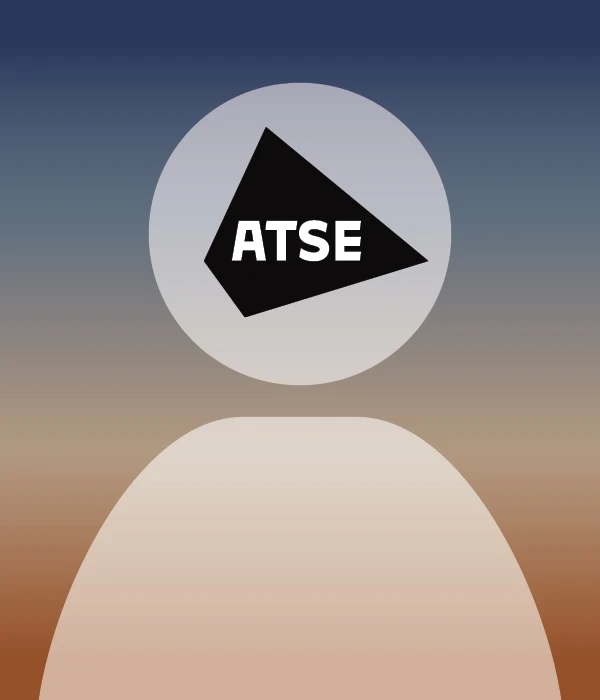Biography at time of election
Professor Breakspere has had an outstanding academic career. After occupying several senior positions in the UK, Professor Breakspere migrated to Australia, where at the University of Technology he progressed from Head of the School of Physical Sciences to Dean of the Faculty of Science.
Subsequently he was appointed Pro-ViceChancellor of Central Queensland University. He has been responsible for, numerous innovative courses and his contributions to technical education in Australia have been recognised in his many appointments such as to the ARC Institutional Grants Committee, the AVCC Standing Committee on International Issues and his appointment as President of the Australian Institute of Nuclear Science and Engineering.
Equally his research career has been outstanding and his eminence has been recognised by his election to Fellow of the Royal Society of Chemistry and Fellow of the Royal Australian Chemical Institute.
His research has been almost entirely applied and has concerned interactions at the solid/gas and solid-liquid/gas interface with the vast majority of his activities eventually leading to commercialisation.
One of his most outstanding developments has been instrumentation for alcohol breath testing. The value and quality of this work has been such that instrumentation based on his developments are used by 110 police forces in 60 countries. He is recognised as a world authority in this field.
This outstanding contribution to applied science has been recognised by the award of several prizes in the United Kingdom i.e. the Queens Award for Technological Achievement (1980), the Queen Elizabeth and Queen Mother's 80th Birthday Award (1981) and the EPIC Award. His contributions to the community have also been extensive as can be seen from the numerous board positions listed in his CV.
Professor Breakspere has been an extremely active member of all organisations with which he has been involved and his contributions to improvement in their operation and in particular in the resolution of disputes within these societies is recognised by his peers.
It is my belief that if Professor Breakspere were elected to the Academy, he would be an extremely active member and would help to extend the influence of the Academy in Central and Northern Queensland.
